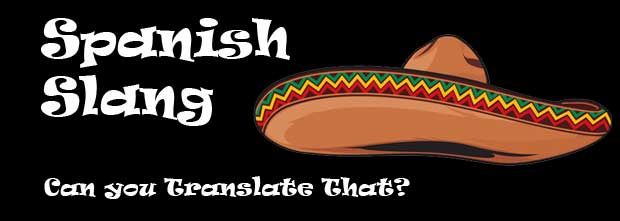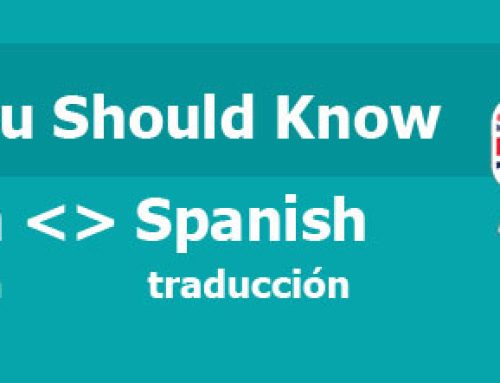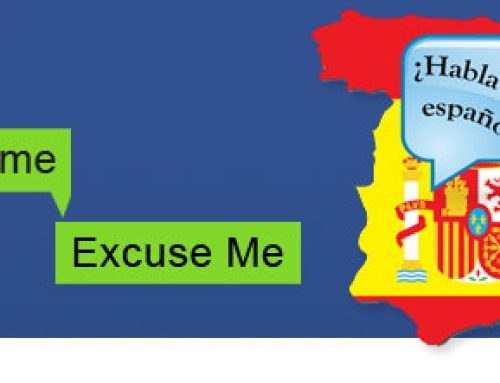Spanish slang and idioms are essential if you want to speak Spanish like a native plus using them will make your Spanish colorful and riveting. Beware if you consult a dictionary because slang and idioms cannot be translated literally and can have a completely different meaning. In addition, slang and idioms vary quite a bit among the different Spanish speaking countries.
What is slang/ idiom?
Slang is basically a nonstandard vocabulary of a given language. Slang may or may not have optional literal meanings. Many a times, they are simply made-up words. Like, ‘montón‘ literally means mountain but it is a Spanish slang for lots or bunch. Similarly, the Spanish word ‘atún‘ literally means tuna, but it is used as slang for idiot.
Idiom is a phrase that is commonly understood to have a meaning dissimilar to its literal meaning. A good example is ‘tomar el pelo a alguien‘. This idiom is commonly understood in Spanish as pulling someone’s leg or teasing someone. However, the dictionary translation would be “to pull someone’s hair”.
Spanish idioms and slang are fascinating and fun to learn and use. Knowing how to use them correctly will add a completely fresh dimension to your Spanish.
Ready to get started? Here’s a great list of commonly used Spanish slang and idioms.
Slang and Idioms
- bonachon – a good-natured person
- chévere – great, fantastic
- don Nadie – nobody; loser, a person of little importance or power
- caradura – cheeky person; person with a lot of nerve
- ¡Pobre! – Poor thing!
- ¡Plop! – No comment!
- Ñaupa – ancient, very old
- requete – very, extremely
- guay – super
- importarse un carajo – doesn’t matter at all
- pelas – money
Spanish Idioms
- a corto plazo – in the short run
- a la salida del sol – sunrise (literally means – at the appearance of the sun)
- a partir de ahora – from now one (literally means – at the start of now)
- a toda costa – at all costs
- almas gemelas – soulmates
- arrimar el ascua a su sardina – put one’s own interests first (literally means – to bring coals or embers to one’s sardine)
- como agua para chocolate – infuriated (literally means – like water for chocolate)
- cuatro gatos – a small group of people (literally means – four cats)
- dar la lata – to annoy (literally means – to give the tin)
- darse por vencido – give in (literally means – give oneself as defeated)
- de armas tomar – tough, formidable (literally means – for taking up arms)
- en cambio – on the other hand (literally means – to the monkfish)
- en vez de – instead of (literally means – in time of)
- estar harto de – be fed up with (literally means – to be exhausted)
- felices sueños – sweet dreams (literally means – happy dreams)
- hacer trampa – cheat (literally means – to do traps)
- menos mal – just as well, thank goodness (literally means – less bad)
- no se oía ni una mosca – pin drop silence (literally means – not even a fly could be heard)
- pedir la luna – ask the impossible (literally means – to ask for the moon)
- tarde o temprano – sooner or later (literally means – late or early)
- una y otra vez – again and again (literally means – one and another time)
Translating slang with Spanish translation software
If you’re using translation software to convert Spanish text into English, you’ll be happy to know it can also translate slang by simply adding that specific phrase to the dictionary or translation memory. Take some time to train the software and you’ll be impressed with the results. For more accurate translations, make sure you use proper grammar. In addition, keep in mind that slang has different meanings depending on the area. For example, slang in Mexico may have a different meaning or none at all to someone living in Spain.
Find out more about Spanish translation software and how you can use it to learn Spanish.






